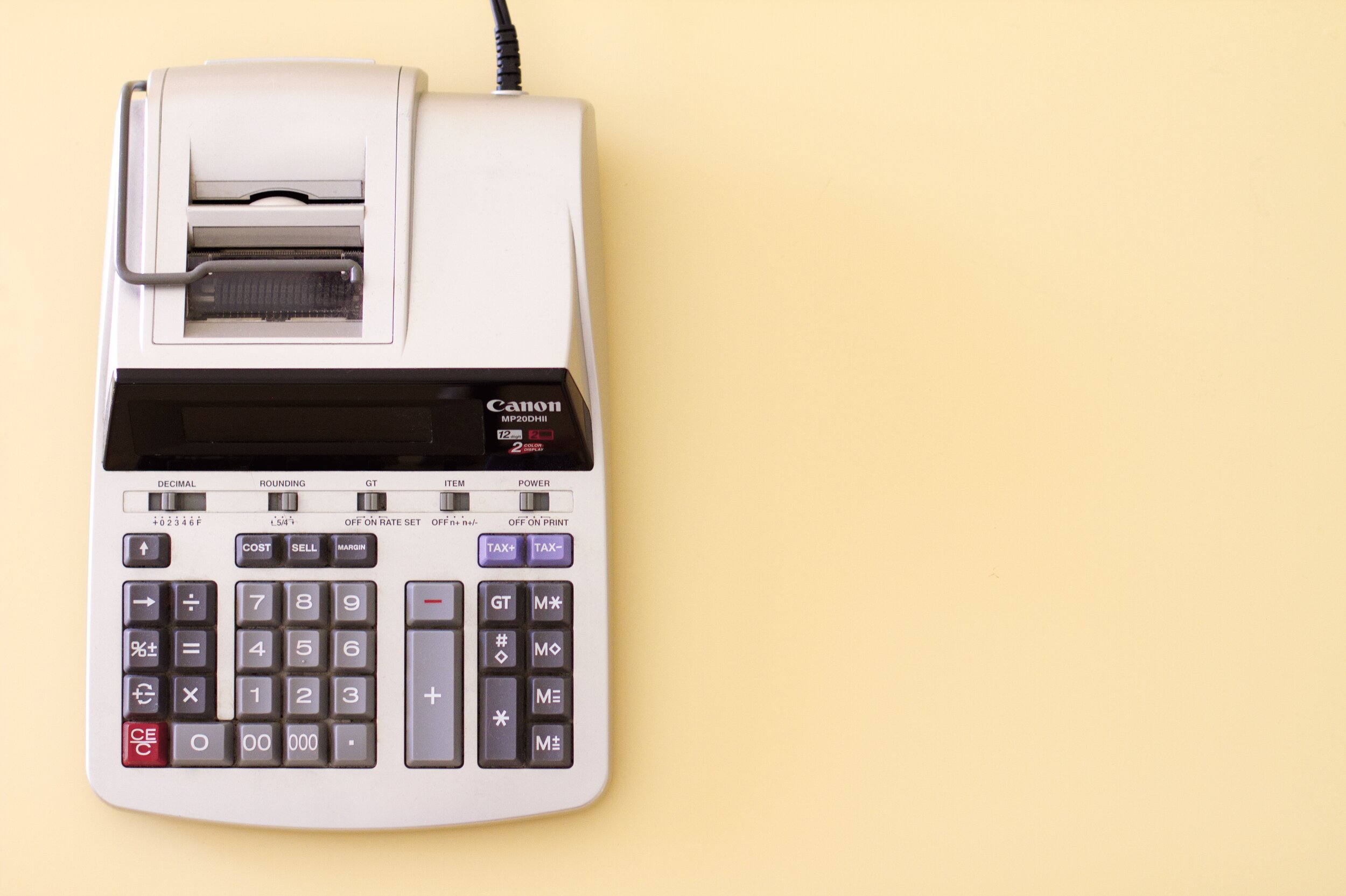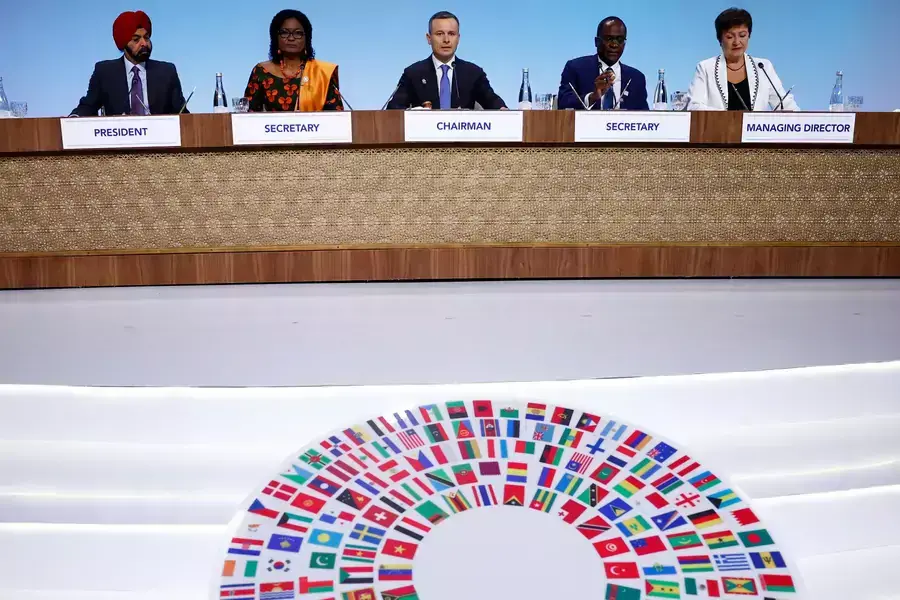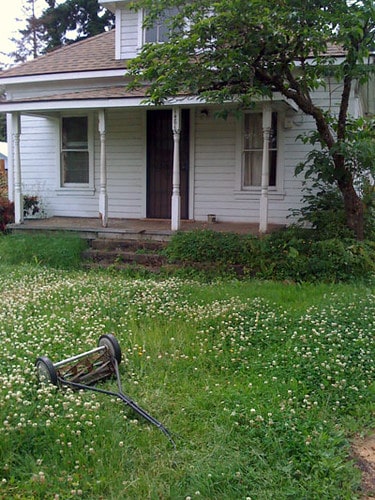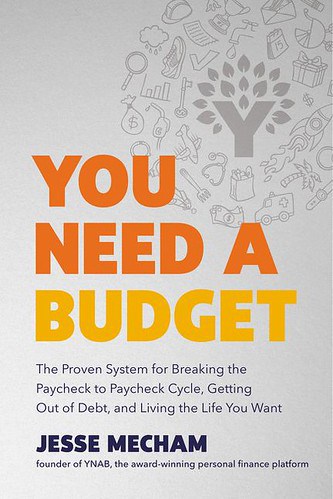Personal Finance Is A Personal Matter, And Frugality Plays A key Role.
Joe Pinsker, in a recent article for the Atlantic shared his thoughts about why so many ultrarich people don’t feel satisfied with their wealth.

Two reasons seem to exist.
- People tend to start by asking themselves, “Am I better off than I was yesterday?” Are you happier today than yesterday? The hedonic trotter is in action.
- People can’t resist comparing themselves with others. They ask: Do I have the same (or more than) those I am comparing myself to? Do I have more money than my family members? Do I have more money than my friends do? Comparing our own success to that of others is how we measure it. It’s the old ” keep up with the Joneses” proverb.
Although Pinsker’s piece is about ultra-rich people, I believe that these tendencies are applicable to almost everyone . Even me.
Middle class people are equally as likely to jump on the hedonistic treadmill. The middle class is just as likely to compare their possessions to those of their friends. It’s the same for those who don’t have much money. Even those in poverty are sucked into comparison games.
It’s a fact that the middle and lower classes have an additional element. Statistics show that people with lower incomes tend to watch more TV than those who earn higher. There are many other studies and as well. You’ll be exposed to more ideas on how people live, even if they aren’t based in fact. It’s like the song “The Grand Illusion”, by Styx, “Don’t let the magazines, radio or TV fool you.” The photos are just someone else’s fantasy.
Rich people compare themselves with themselves , and other rich people. They do, but also to fictional characters in film and TV.
Comparing your situation with anyone will likely lead to problems. Comparing yourself to others, whether it’s your family, friends or people from Hollywood, will lead to an increased desire to achieve more.
It doesn’t need to be like this.
Non-Consumer Advocacy
In recent years, early retirement has gained in popularity. The early retirement movement has gained popularity in recent years. They can become financially independent at 50 if they are able to maintain a high savings rate. Or forty. Or forty.
The key to personal finance is the following equation: strong>Your wealth equals what you earn minus what you spend/strong>. The basic equation for personal finance is: What you earn less what you spend equals your wealth. How you manage your money plays a major role in how fast you can achieve financial goals.
It’s important to resist the urge of comparing yourself with others if you want to save money.
FIRE’s biggest virtue is its ability to avoid comparisons. I’ve found that the people in the early retirement communities have deliberately avoided the comparison game. Financial independence is often framed in terms of a non-consumption lifestyle, thanks to the work done by Joe Dominguez (author of the classic Your Money or Your life).
Here are some quotes from Robin and Dominguez:
- If you want to have it all, you will never be satisfied.
- How you spend your money determines what you think about the world.
- Now we are ‘consumers’. “Now we are consumers.”
- “Consumption appears to be our favorite high. Our nationally sanctioned drug addiction, the all American form of substance abuse.”
- “Frugality means getting the best value from every moment of your life and everything you use.”
Dominguez & Robin founded the Financial Independence Movement as non-consumer activists. It also helps that Mr. Money Mustache is a non-consumer advocate who has been instrumental in popularizing FIRE. He has written extensively on topics such as getting off the hedonic tyre, and the virtues frugality.
Not everyone who is interested in an early retirement wants to save money. Some people are looking to become financially independent in order to live a life that costs money. They want expensive houses and cars. They do desire to have more than those around them. That’s perfectly fine.
The majority of us have realized that fancy shit will not make us happy.
Note Although it is great that there is no pressure in FI circles to spend, I do not want to pretend it’s free of competition. There’s actually a perverse pressure. Too many people are interested in frugal shame and financial one-upmanship. They race to see who spends the least. I would like to stop this type of bragging, which is as harmful as competitive spending. At least competitive frugalness helps you instead of harming your finances.
The virtue of frugal living
Frugality is a great way to save money, regardless of whether you are concerned about consumption.
- You will need less money to maintain your lifestyle if you reduce the amount you consume.
- Less you consume, less baggage you will have.
- The sooner you retire, the less you will consume.
You’ve seen this math probably a million time. Like me, I hope you will never tire of the beauty.
Imagine you are a box salesman (or woman). Maybe you’re a box salesman (or saleswoman). You make $50,000 per year by selling corrugated packing to industrial clients near your home. You have no margin if you earn $50,000 a year and spend $50,000 a year. You will have to make cuts if you are unwell or lose your job.
You can have a buffer if you only spend $25,000 per annum. You’ll be better prepared to deal with a crisis if you are forced to stop working for 6 months due a catastrophic injury. You only need to look for a job paying $25,000, not $50,000, if you lose your current job. Spending less gives you more work options.
You will need less money to maintain your lifestyle if you reduce the amount you consume. And The less you consume the sooner you will be able to retire.
You can retire at 40 instead of 65 if you maintain a saving rate of up to 70% in your 20s and 30s. You will have forty years to live your life as you please, instead of just fifteen.
This table shows the power of profit margins, and the power of frugalness:
Spending less will make any financial goal easier to reach. Frugality is the key to discipline, and discipline equals freedom .
You can avoid a life full of hardships by denying yourself certain “standard” options now. Spending less is not only good for your wallet. In addition to saving money, you gain the time and freedom it would have taken to earn that amount. Thrift isn’t deprivation. It’s wealth.
This reminds me of Dave Ramsey’s famous quote, “If you want to live like nobody else later on you can live as no one else.”
Frugality is a good thing.
Why am I writing this? Why am I thinking about frugality so much lately? After all, I am hardly the poster boy of thrift. By nature, I’m a spender. It’s a problem I have had my whole life.
Then again, I do strive for frugality. I admire frugal individuals. The early retirement movement places a high value on frugality. Since I spend a lot of time with FIRE people, their tendency to be frugal tends act as a brake for my own spending. This is good. Because many of my co-workers are not consumers, I often find myself considering frugal alternatives.
I have been focusing on saving money this year. Since I wrote about My Plans for 2019 in the beginning of this month, my goal has been to get back basics. Here are some examples.
- Kim and I both try to save money on food. We’re doing well so far. Minor victory: Last week, we both wanted to go out for dinner at our favorite restaurant. She bought a frozen pizza for $5 on her way home. This probably saved us $40.
- Both our cars are starting to age. Kim’s 1997 Honda Accord never had any major problems, but it has a number of minor mechanical issues. In the last two years, my 2004 Mini Cooper had to have two major repairs. The sunroof leaks, which is not good in a wet winter like Oregon’s. We’ve discussed buying a new car. (And we still might.) But for now, I purchased a 1993 Toyota pick-up for $1900. Our household now has three cars, but they are all older than 21 years old and have an average value around $1500.
- We’ve been in DIY mode after spending so many dollars on home repairs for the first 18 months of our house. Kim has painted the bedrooms this month. I am repairing fences, and faucets. We still have a lot to do around here but we will take our time to learn to do most of it ourselves.
- We both know we’re out of shape. We still have time on our gym contracts, so we will continue to go. We’re preparing ourselves for success at home. We rearranged the family area to make it more yoga-friendly. I installed an indoor bike trainer to ensure that I can pedal for thirty minutes every day. Both of us have decided to cut back on our alcohol consumption.
- We have stopped thinking about “new” and now think “used”. Two times this month I have shopped locally at thrift stores rather than defaulting to Amazon. Recently, I traded concert tickets with my ex-wife in exchange for the old Nintendo Wii. Our friends have been receiving our old clothes and dishes. We’ve decided to have dinner at our friends’ homes instead of going out for dinner. How old-fashioned!
It may not be a natural thing to me, but I am able to do it. Plus, it’s fun. It’s interesting to me to examine my consumer behavior and see how I can “opt-out”.
Even the ultrarich, as I stated at the beginning of this article compare themselves with others (and their former selves). I am just as guilty of this as anyone. I’m always wanting more. I never feel satisfied. It’s not clear why, but it is. It’s just a fact that I must face.
This constant desire is why it’s important to me that I spend time with the people in my early retirement community. It’s good peer-pressure. I’m inspired by their frugal decisions and i would like to make the same choices. I hear them talk about how they manage with less, and i also want to do the same.
In other words, those best things in life that are free.” — Joe Dominguez and Vicki Robin, em>a href=”https://www.amazon.com/dp/0143115766/?tag=grsorg-20″>Your Money or Your Life/a>/em> “In other words, the best things in life are free.” — Joe Dominguez, Vicki Robin, Your Money or Your Live








+ There are no comments
Add yours